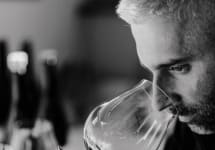Vietti Barbera d'Alba Scarrone Vigna Vecchia 2021
-
Jeb
Dunnuck -
Robert
Parker -
Wine
Enthusiast -
James
Suckling -
Wine
Spectator
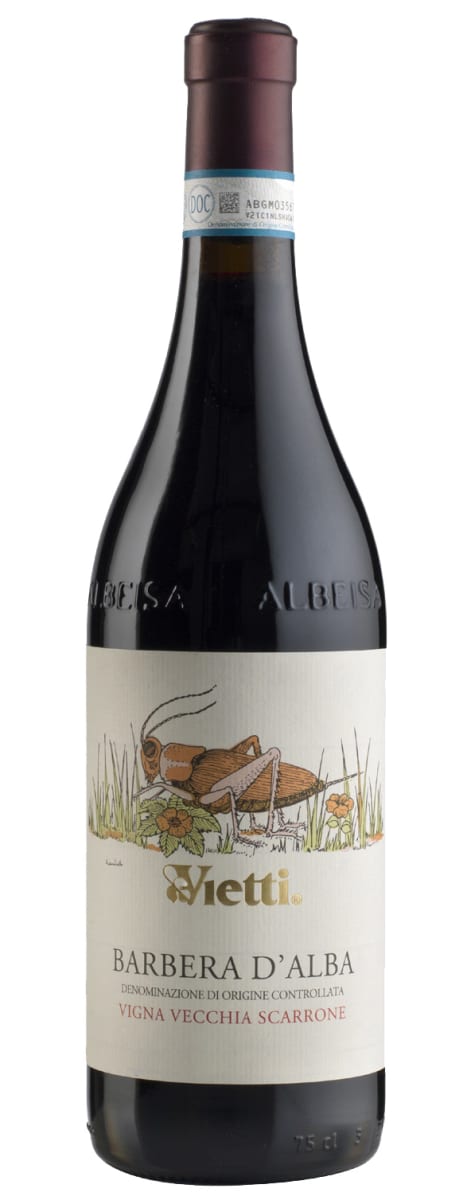


Product Details
Your Rating
Somm Note
Winemaker Notes
Professional Ratings
-
Jeb Dunnuck
The 2021 Barbera D'Alba Vigna Vecchia Scarrone comes from the old vines of the Scarrone vineyard that were planted in 1918 and wrap around to the south-facing hillside. It’s quite an expressive wine, taking on tremendous depth and complexity, although it’s very appealing now as well. A purple/magenta color, it offers aromas of graphite, candied blackberries, lavender, and rosemary. It’s rich and full-bodied but has a weightless feel, with plush, velvety tannins, and it retains fantastic freshness of acidity.
-
Robert Parker's Wine Advocate
With organic fruit from a vineyard planted in 1918, the Vietti 2021 Barbera d'Alba Scarrone Vigna Vecchia is super concentrated and dense. There's a lot of fruit weight to take in, yet the wine holds that volume with elegance and careful balance. The bouquet has opulent notes of baked blueberry, chocolate cream frosting, spice and black licorice. The wine's complexity rolls through a series of waves and swells. The tannins cover the entire palate, and the wine wears its 15.5% alcohol very nicely.
-
Wine Enthusiast
As if staring into a purple void, this deep Barbera draws the attention immediately open with aromas of framboise liquor, dried violets and baking spice. Forward, fun and serious at the same time, the wine pops with tart cherry jam and wild herb flavors with vibrant acidity keeping the palate fresh.
-
James Suckling
Floral aromas with sandalwood to the black berry and black cherry character. Medium-bodied with firm and racy tannins. A succulent and bright finish. 50% of the vineyards were planted in 1918. From organically grown grapes. Vegan.
-
Wine Spectator
A suave, vibrant red, with sweet spices swirling around a core of plum, black cherry and blueberry. Supple in texture, with a line of dusty tannins on the finish.
Other Vintages
2022- Vinous
-
Robert
Parker -
Wine
Spectator
-
Wine
Enthusiast -
Jeb
Dunnuck - Vinous
-
Robert
Parker -
Wine
Spectator
-
James
Suckling -
Robert
Parker -
Wine
Spectator
-
James
Suckling -
Robert
Parker -
Wine
Spectator
-
Robert
Parker
-
Wine
Spectator
-
Wine
Spectator
-
Wine
Spectator
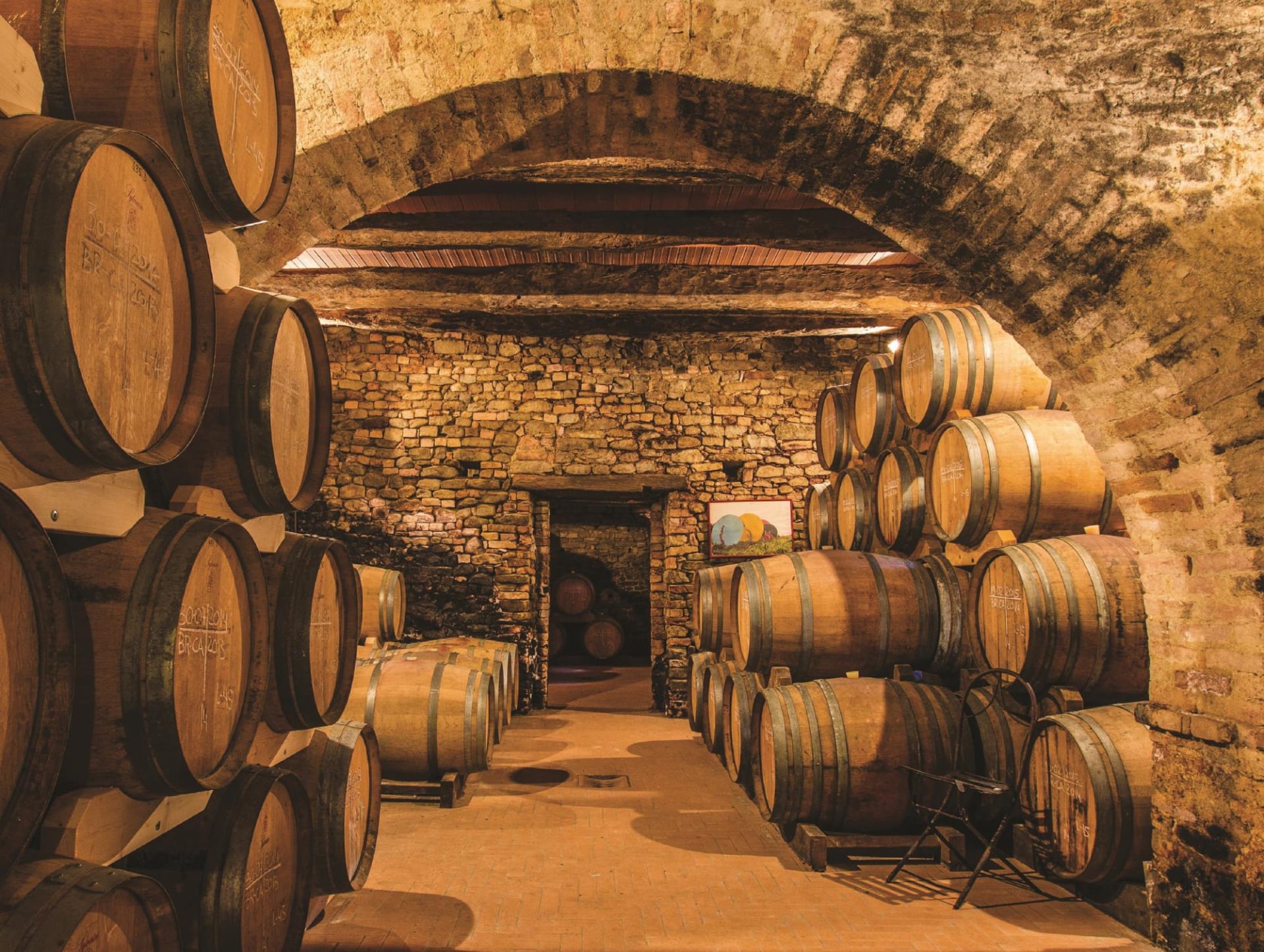
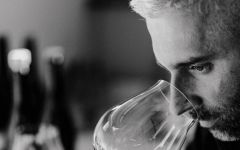



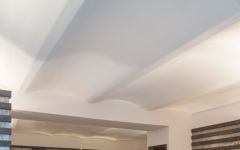
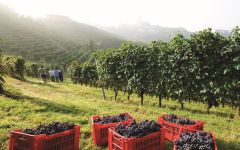
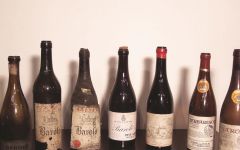
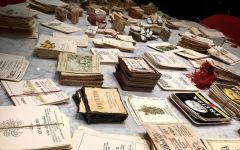
Located in the heart of the Langhe hills, at the top of the village of Castiglione Falletto, the Vietti wine cellar was founded in the late 1800's by Carlo Vietti. The estate has gradually grown over the course of time, and today the vineyards include some of the most highly prized terroirs within the Barolo and Barbaresco winegrowing areaS.
Although they have been making wine for four generations, the turning point came in the 1960's when Luciana Vietti married winemaker and art connoisseur Alfredo Currado, whose intuitions - from the production of one of the first Barolo crus (Rocche di Castiglione - 1961), through the single-varietal vinification of Arneis (1967) to the invention of Artist Labels (1974) - made him both symbol and architect of some of the most significant revolutions of the time.
Alfredo’s intellectual, professional, and prospective legacy was taken up by Luca Currado Vietti (Luciana and Alfredo’s son) and his wife Elena, who contributed greatly to the success of the Vietti brand before their departure in 2023. In 2016 the historic winery was acquired by Krause family. Over the last seven year, they have added a number of prized crus to the estate’s holdings. In 2022 the winery was named Winery of the Year by Antonio Galloni of Vinous.
Vietti is universally recognized today as being one of the very finest Italian wine labels - by continuing along the path of the pursuit of quality, considered experimentation and working for expansion and consolidation internationally.

Friendly and approachable, Barbera produces wines in a wide range of styles, from youthful, fresh and fruity to serious, structured and age-worthy. Piedmont is the most famous source of Barbera; those from Asti and Alba garner the most praise. Barbera actually can adapt to many climates and enjoys success in some New World regions. Somm Secret—In the past it wasn’t common or even accepted to age Barbera in oak but today both styles—oaked and unoaked—abound and in fact most Piedmontese producers today produce both styles.

An historic village situated right in between the famous regions of Barolo and Barbaresco, Alba is also the name for the larger wine region surrounding the village.
In a sense, “Alba” is a catch-all phrase, and includes the declassified Nebbiolo wines made in Barolo and Barbaresco, as well as the Nebbiolo grown just outside of these regions’ borders. In fact, Nebbiolo d’Alba is a softer, less tannic and more fruit-forward wine ready to drink within just a couple years of bottling. It is a great place to start if you want to begin to understand the grape. Likewise, the even broader category of Langhe Nebbiolo offers approachable and value-driven options as well.
Barbera, planted alongside Nebbiolo in the surrounding hills, and referred to as Barbera d’Alba, takes on a more powerful and concentrated personality compared to its counterparts in Asti.
Dolcetto is ubiquitous here and, known as Dolcetto d'Alba, can be found casually served alongside antipasti on the tables of Alba’s cafes and wine bars.
Not surprisingly, given its location, Alba is recognized as one of Italy’s premiere culinary destinations and is the home of the fall truffle fair, which attracts visitors from worldwide every year.
